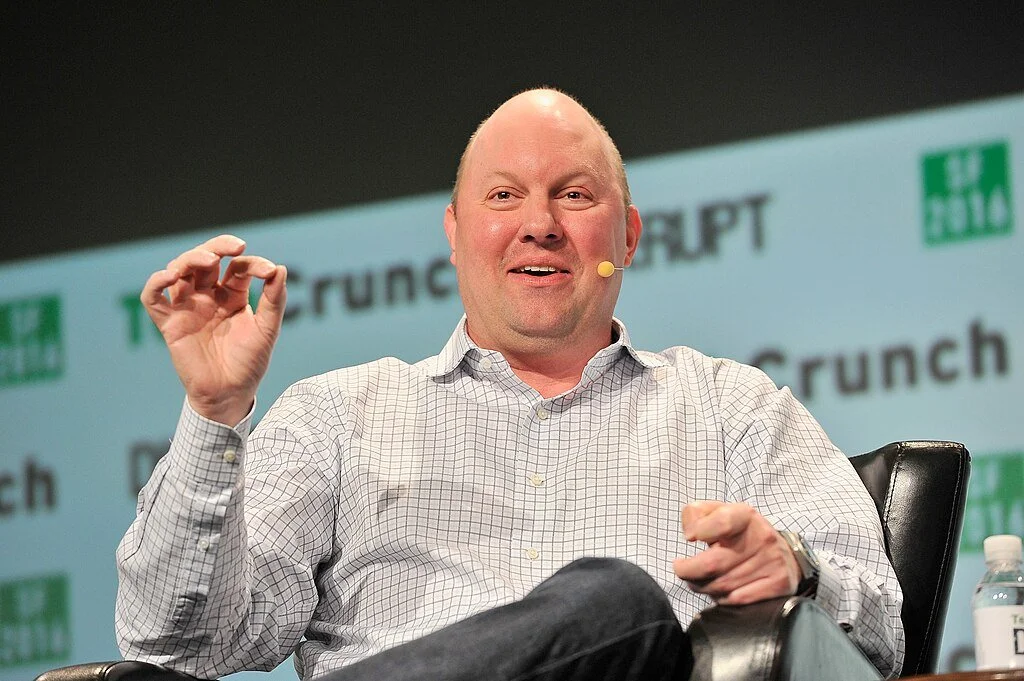Marc Andreessen Says AI Will Create a New Type of Filmmaker—Hollywood Braces for a Power Shift
Marc Andreessen says AI will give rise to a new type of filmmaker: ‘That’s a reason for profound optimism’
TechCrunch, CC BY 2.0 <https://creativecommons.org/licenses/by/2.0>, via Wikimedia Commons
Venture capitalist Marc Andreessen believes artificial intelligence will unleash a “new class of filmmakers,” and his comments this week have Hollywood veterans alternately intrigued and alarmed. Speaking on the a16z Podcast, Andreessen said AI video tools such as OpenAI’s Sora and emerging startups like Runway and Showrunner could turn anyone with a laptop into a storyteller—no cameras, crews, or budgets required.
“This is a reason for profound optimism,” he said. “People who could never have afforded to make a movie will soon be able to tell stories visually, at professional quality.” To Silicon Valley, that sounds like liberation. To film unions, it sounds like disruption.
Andreessen’s thesis rests on cost collapse. Generating high-fidelity video from text prompts could reduce production costs by 80–90 percent, similar to how desktop publishing democratized print media. Investors are already following the logic: funding for AI-media startups has tripled since 2023, according to PitchBook data, surpassing $2.1 billion globally. For VCs, the bet is that AI filmmaking will become a new creative economy—fast, scalable, and accessible to non-professionals.
But the cultural pushback has been immediate. Directors and cinematographers argue that while AI can replicate images, it cannot replicate intent—the deliberate creative choices that make cinema an art form rather than content. “When everything looks cinematic, nothing feels cinematic,” one veteran DP told AI in Hollywood. Others warn that the flood of synthetic media could overwhelm platforms, creating what one union rep described as “YouTube on steroids.”
Andreessen’s comments also intersect with labor concerns. The collapse of cost is also a collapse of labor value. As tools automate pre-viz, editing, and even casting, Hollywood’s middle class—assistant editors, junior VFX artists, storyboarders—faces compression. Yet the counter-argument is that new jobs will emerge around prompt design, creative direction, and rights management.
The truth likely lies somewhere in between: AI will expand the number of people who can make films, while intensifying competition for those who already do. Andreessen’s optimism, though provocative, captures a genuine shift. Storytelling is leaving the soundstage and entering the server farm. Whether that’s innovation or erosion depends on who gets to call “action.”

